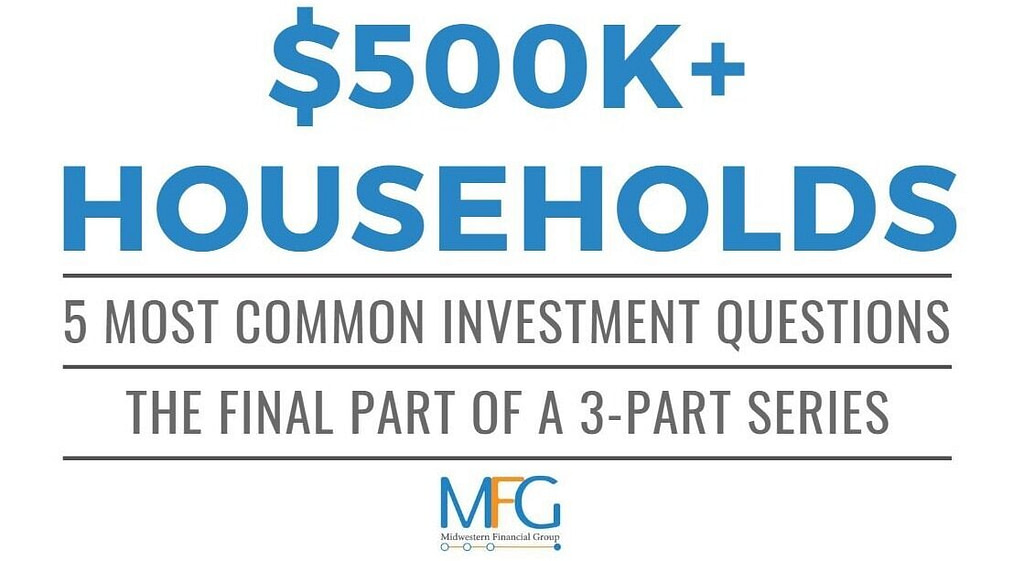
My mother and I went to a Cubs game last summer for her birthday. She was supposed to go with my father, but he wasn’t able and I jumped at the opportunity to visit Wrigley. The Cubs played the Mariners in an interleague game soon after trading for closer Aroldis Chapman, a fireballer with a 100-plus MPH fastball who was supposed to help the Cubs win a World Series. The Cubs led most of the game, but in the 8th inning the bullpen was in a tough spot. Manager Joe Maddon went to his new closer, one of the best in the game, to get the last four outs and help the Cubs keep their 1-0 lead. With two runners on Chapman gave up a hit that led to a three-run inning and the Cubs ended up losing 4-1.
After the game Maddon was questioned about his use of Chapman in the 8th inning. Closers are generally used in the 9th inning to “close” out a game and Chapman said pitching in the 8th inning wasn’t “his favorite thing to do.”
Maddon’s response to Aroldis’ comments?
“I didn’t know that. Not that it would matter, but I didn’t know that. I was not aware of that.”
“NOT THAT IT WOULD MATTER.”
Joe Maddon was going to stick to his process of making baseball decisions regardless of Aroldis’s feelings. He has one of the best relievers in baseball and he was going to use him in a critical moment of the the game without a thought about what the outcome may be. In investing, as in baseball, we cannot go back and change decisions after the results are tallied. Only hindsight provides the answers of what should have been done. Should I have allocated more to stocks? Should I have sold my position sooner? This kind of brainstorming is useful in accessing the strength of an investment process and tweaking an established system, but if a portfolio is built on proven, successful long-run analysis, short-term skepticism will often lead to bad outcomes.
Taking a pool of money, investing in securities to fund someone’s lifestyle expenses over the course of thirty years is not an easy task. But, it becomes harder if second-guessing cannot be avoided and faith is lost because of short-term outcomes. Most Americans are saving for a goal that will last more than a year, maybe to fund things like schooling or retirement. The point is one quarter in 2016 should not change a strategy that is built for success over the course of twenty years. It may not work every time, but on average the optimal strategy will prevail. Stick to the process.
Do you stop going the speed limit because one day you got in a fender bender? Do you stop working out because one time you sprained your ankle?
Diversification can be frustrating. If done properly, not all assets have positive returns at the same time. The beauty of risk reduction is that assets are not correlated, so they move in different directions at different times. If one asset class is winning, another may be losing.
From our friend Ben Carlson at Wealth of Common Sense: “The problem for many investors is that they only want to be invested in the best performer so they end up chasing what’s worked well lately. Seeing these kinds of relative performance spreads invites the hindsight bias to allow us to assume we knew exactly what was going to happen.”
CARLSON CONTINUES: “DIVERSIFICATION IS NOT FUN, BUT INTELLIGENT INVESTING SHOULDN’T BE ABOUT HAVING FUN.”
The Cubs would go on to play in the World Series. Down 3 games to 1, in a seven-game series, Maddon brought Chapman into Game 5 with one out in the 7th. He pitched the rest of the game, recording an 8 out save and helped the Cubs avoid elimination. In Game 6, another must-win game, Maddon again brought Chapman in early; this time in the 7th inning, achieving 4 outs.
Maddon’s use of Chapman in Games 5 and 6 kept the Cubs alive and in Game 7 with the game on the line, Joe went back to Chapman. With the opportunity to win their first world Series since 1908, Chapman was brought into the 8th inning with a 3-run lead, but with two outs, Chapman gave up three runs and the game was tied, going to the top of the 9th in the World Series. The Cubs didn’t score in the 9th and Chapman was brought back in for the bottom of the 9th to try and keep the Indians from scoring in a tie game and keeping the Cubs hopes alive. That he did. Chapman shut down the Indians and Cubs would score in the 10th inning and go onto win, giving Chapman the win rather than the save.
Maddon’s use of Chapman was often criticized, even in Games 5 and 6, which were must-win games.
To this Maddon would reply: “But the point is when you work a game like that, there is not an eighth game, there is only a seventh game. Everything you saw us do that night I planned out before the game began and felt strongly about it and still do. Just take away one hit by Davis and it worked out pretty darn well.”
Second-guessing is easy. Maintaining a disciplined approach through the good and bad times is not.



